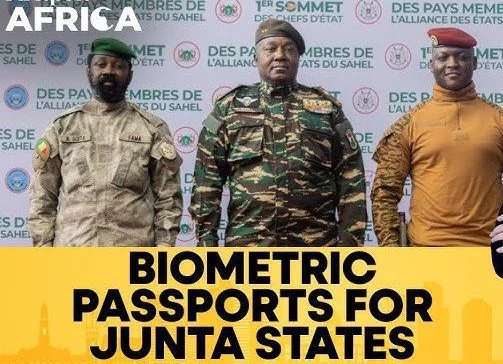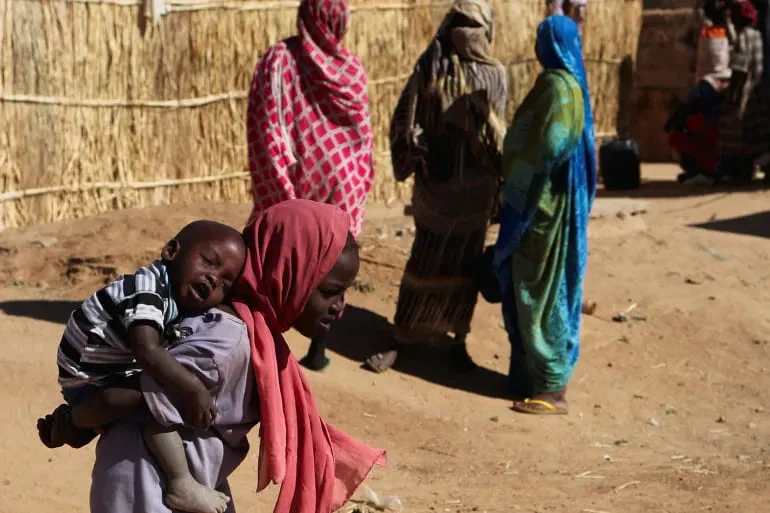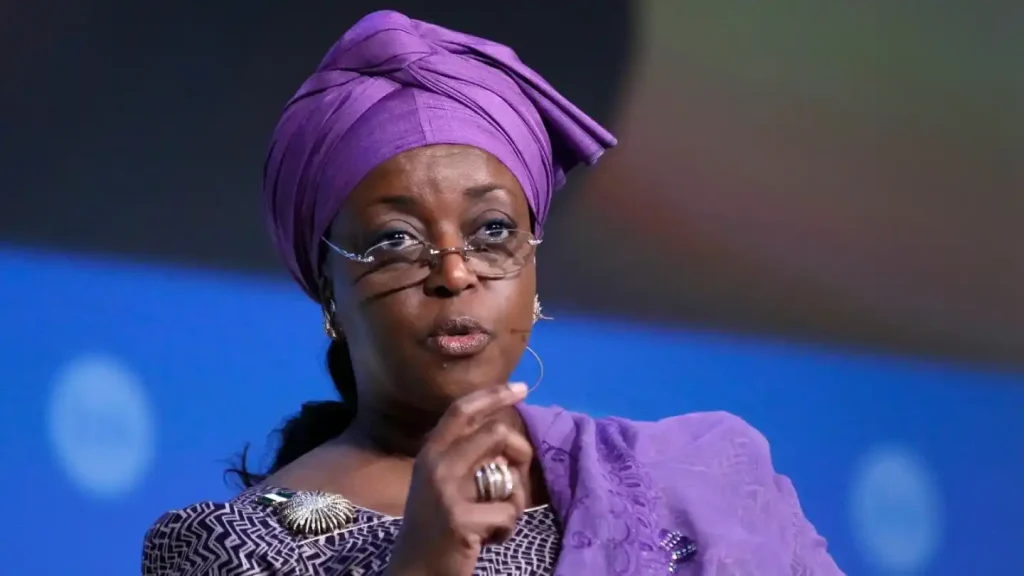Burkina Faso, Mali and Niger have recently announced plans to introduce a new biometric passport for their citizens, marking a significant step towards increased cooperation between the two countries.
This initiative is part of a broader strategy to consolidate their political and economic ties following their departure from the Economic Community of West African States (ECOWAS) earlier this year.
The leaders of both countries, along with Niger, aim to create a unified passport system to facilitate movement within their regions and assert their independence from previous colonial influences, particularly from France.
Reasons for a Common Passport
- Enhanced Mobility: The new biometric passport is designed to streamline travel for citizens of Burkina Faso and Mali, making it easier for them to move across borders without the bureaucratic hurdles typically associated with international travel. This is especially important for people in the Sahel region, where mobility is crucial for trade, work, and family connections.
- Strengthening Alliances: By launching a shared passport, the two countries are reinforcing their alliance established under the “Alliance of Sahel States.” This collaboration aims to foster closer ties and mutual support among the member nations, particularly as they navigate common challenges such as security threats and economic instability.
- Political Autonomy: The decision to create their own passport system signals a move away from ECOWAS, which these countries perceive as being influenced by external powers. They want to assert their sovereignty and develop their identity independent of regional organizations that they believe do not serve their interests.
- Response to Security Challenges: The Sahel region has faced severe security threats from jihadist groups over the past decade. By working together and improving mobility through a common passport, these countries hope to enhance regional security collaboration and combat these threats more effectively.
Benefits of the New Passport System
- Biometric Security: The introduction of biometric technology in the new passports will increase security, reducing the risk of fraud and improving the ability to track and verify identities. This is especially important in a region that has seen significant movement of people, often with conflicting identities.
- Economic Opportunities: Improved mobility can lead to greater economic interactions between the countries. Business owners and traders can more easily travel for commerce, fostering economic growth and cooperation. It can also enhance access to jobs and services across borders.
- Cultural Exchange: A common passport will promote cultural ties and exchanges between the people of Burkina Faso and Mali. It will enable citizens to visit family, attend events, and participate in cultural activities across borders, enriching the social fabric of the region.
- Tourism Growth: The new passport system can potentially enhance tourism within the region. As travel becomes easier and more secure, both countries could benefit from increased tourist traffic, which can provide a boost to their economies.
- Integration of Services: The passport system is likely to be accompanied by the development of shared infrastructure, such as transport and communication networks. This integration can further enhance connectivity and cooperation among the member states.
Conclusion
The launch of a common biometric passport between Burkina Faso and Mali represents a significant shift in how these countries approach their regional relationships and national identities.
By prioritizing mobility, security, and economic collaboration, they are setting a foundation for a more integrated and autonomous future. This initiative not only responds to the immediate needs of their citizens but also positions the two countries as proactive players in the ever-evolving landscape of West African politics.
As the passport becomes available, it is expected to play a crucial role in shaping the socio-economic dynamics of the Sahel region, fostering a stronger sense of unity and purpose among its citizens.























